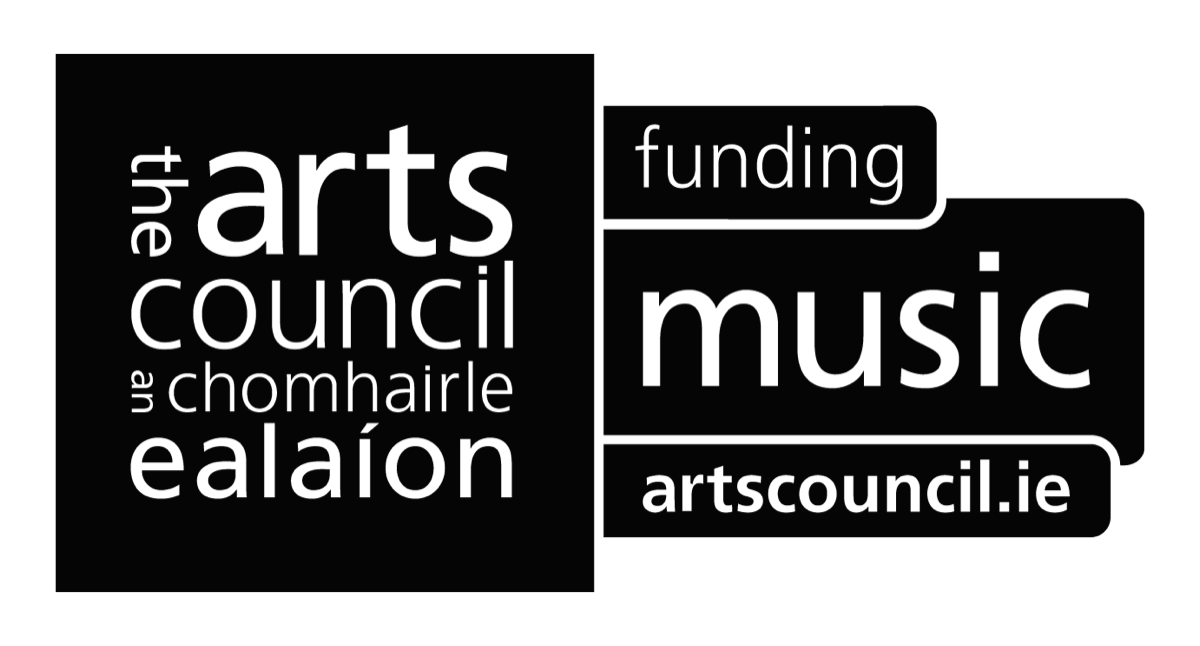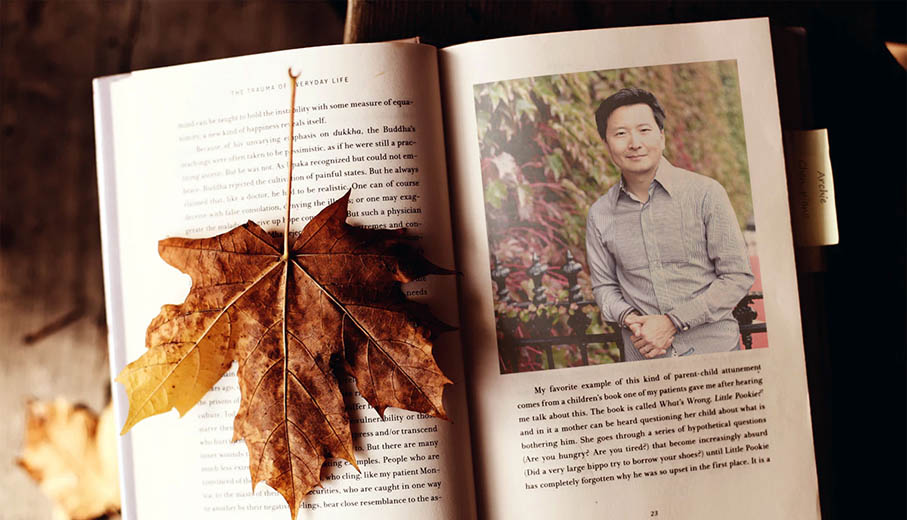Piano Literature
Purpose of the Course
This course offers a comprehensive examination of solo keyboard repertoire through a combination of lectures, readings, listening assignments, analytical projects, and performance opportunities.
The curriculum is divided into two parts, with the first focusing on repertoire from the Baroque to Late Classical periods, and the second delving into literature from the Romantic era to the present day. Particular attention is given to the use of period instruments, the nuances of musical style, and the historical context of performance practice.
The curriculum is divided into two parts, with the first focusing on repertoire from the Baroque to Late Classical periods, and the second delving into literature from the Romantic era to the present day. Particular attention is given to the use of period instruments, the nuances of musical style, and the historical context of performance practice.
Required Materials
The following texts will serve as primary resources for the Piano Literature course:
1 Gordon, Stewart. A History of Keyboard Literature: Music for the Piano and Its Forerunners. New York: Schirmer Books, 1996.
2 Hinson, Maurice. Guide to the Pianist’s Repertoire, Third Edition. Bloomington: Indiana University Press, 2001.
3 Todd, R. Larry. Nineteenth-Century Piano Music, Second Edition. London: Routledge, 2004.
4 Burge, David. Twentieth-Century Piano Music. Lanham, MD: Scarecrow Press, 2004.
These texts provide a comprehensive overview of the development of piano literature, from the Baroque era to the present day, and offer valuable insights into the repertoire, performance practices, and historical context of piano music.
1 Gordon, Stewart. A History of Keyboard Literature: Music for the Piano and Its Forerunners. New York: Schirmer Books, 1996.
2 Hinson, Maurice. Guide to the Pianist’s Repertoire, Third Edition. Bloomington: Indiana University Press, 2001.
3 Todd, R. Larry. Nineteenth-Century Piano Music, Second Edition. London: Routledge, 2004.
4 Burge, David. Twentieth-Century Piano Music. Lanham, MD: Scarecrow Press, 2004.
These texts provide a comprehensive overview of the development of piano literature, from the Baroque era to the present day, and offer valuable insights into the repertoire, performance practices, and historical context of piano music.
Program Learning Outcome
Upon completion of this course, students will be able to:
1 Analyze and critically evaluate the stylistic features of representative works by composers studied in class.
2 Expand their understanding of keyboard music from the Romantic era to the 21st century, including historical and cultural context.
3 Identify key works and composers of each period by engaging with scores and listening to recordings.
4 Develop a familiarity with works that are suitable for performance or teaching, and apply this knowledge in their own performance or teaching practice.
1 Analyze and critically evaluate the stylistic features of representative works by composers studied in class.
2 Expand their understanding of keyboard music from the Romantic era to the 21st century, including historical and cultural context.
3 Identify key works and composers of each period by engaging with scores and listening to recordings.
4 Develop a familiarity with works that are suitable for performance or teaching, and apply this knowledge in their own performance or teaching practice.
Course Schedule
Part One:
Week 1: Introduction to the Baroque Period
• Overview of the Baroque period and its major composers
• Study of representative works from the period, such as J.S. Bach's "Inventions" and "Sinfonias"
Week 2: J.S. Bach
• In-depth examination of J.S. Bach's keyboard works, including his "Well-Tempered Clavier"
• Study of performance practices and techniques specific to the Baroque period
Week 3: Domenico Scarlatti
• Exploration of Scarlatti's sonatas and their unique characteristics
• Study of Scarlatti's influence on later composers
Week 4: Handel
• Analysis of Handel's keyboard works, including his suites and sonatas
• Study of Handel's influence on later composers
Week 5: Midterm Exam
Week 6: Transition to the Classical Period
• Overview of the Classical period and its major composers
• Study of representative works from the period, such as Mozart's sonatas
Week 7: Mozart
• In-depth examination of Mozart's keyboard works, including his sonatas and variations
• Study of performance practices and techniques specific to the Classical period
Week 8: Haydn
• Analysis of Haydn's keyboard works, including his sonatas and variations
• Study of Haydn's influence on later composers
Week 9: Clementi
• Exploration of Clementi's sonatas and their unique characteristics
• Study of Clementi's influence on later composers
Week 10: Beethoven
• Analysis of Beethoven's early keyboard works, including his sonatas and variations
• Study of Beethoven's influence on later composers
Week 11: Late Classical Period
• Overview of the late Classical period and its major composers
• Study of representative works from the period, such as Schubert's sonatas
Week 12: Schubert
• In-depth examination of Schubert's keyboard works, including his sonatas and impromptus
• Study of Schubert's influence on later composers
Week 13: Final Exam Review
Week 14: Final Exam
Please note that the above schedule is a sample and can be adjusted depending on the availability of resources and the preferences of the instructor.
Part Two:
Week 1: Introduction to the Romantic Era
• Overview of the Romantic period and its major composers
• Study of representative works from the period, such as Chopin's Etudes
Week 2: Chopin
• In-depth examination of Chopin's keyboard works, including his Etudes, Ballades, and Scherzos
• Study of Chopin's influence on later composers
Week 3: Schumann
• Analysis of Schumann's keyboard works, including his "Kreisleriana" and "Carnaval"
• Study of Schumann's influence on later composers
Week 4: Liszt
• Exploration of Liszt's keyboard works, including his "Transcendental Etudes" and "Années de pèlerinage"
• Study of Liszt's influence on later composers
Week 5: Midterm Exam
Week 6: Brahms
• Analysis of Brahms' keyboard works, including his "Intermezzi" and "Klavierstücke"
• Study of Brahms' influence on later composers
Week 7: Rachmaninoff
• In-depth examination of Rachmaninoff's keyboard works, including his "Etudes-Tableaux" and "Moments musicaux"
• Study of Rachmaninoff's influence on later composers
Week 8: Debussy
• Exploration of Debussy's keyboard works, including his "Estampes" and "Images"
• Study of Debussy's influence on later composers
Week 9: Bartók
• Analysis of Bartók's keyboard works, including his "Mikrokosmos" and "Out of Doors"
• Study of Bartók's influence on later composers
Week 10: 20th-century American Piano Music
• Study of representative works from American composers such as George Gershwin, Aaron Copland, and Leonard Bernstein
Week 11: 21st century Piano Music
• Study of representative works from contemporary composers
Week 12: Final Exam Review
Week 13: Final Exam
Week 14: Student Performance
Please note that the above schedule is a sample and can be adjusted depending on the availability of resources and the preferences of the instructor.
Week 1: Introduction to the Baroque Period
• Overview of the Baroque period and its major composers
• Study of representative works from the period, such as J.S. Bach's "Inventions" and "Sinfonias"
Week 2: J.S. Bach
• In-depth examination of J.S. Bach's keyboard works, including his "Well-Tempered Clavier"
• Study of performance practices and techniques specific to the Baroque period
Week 3: Domenico Scarlatti
• Exploration of Scarlatti's sonatas and their unique characteristics
• Study of Scarlatti's influence on later composers
Week 4: Handel
• Analysis of Handel's keyboard works, including his suites and sonatas
• Study of Handel's influence on later composers
Week 5: Midterm Exam
Week 6: Transition to the Classical Period
• Overview of the Classical period and its major composers
• Study of representative works from the period, such as Mozart's sonatas
Week 7: Mozart
• In-depth examination of Mozart's keyboard works, including his sonatas and variations
• Study of performance practices and techniques specific to the Classical period
Week 8: Haydn
• Analysis of Haydn's keyboard works, including his sonatas and variations
• Study of Haydn's influence on later composers
Week 9: Clementi
• Exploration of Clementi's sonatas and their unique characteristics
• Study of Clementi's influence on later composers
Week 10: Beethoven
• Analysis of Beethoven's early keyboard works, including his sonatas and variations
• Study of Beethoven's influence on later composers
Week 11: Late Classical Period
• Overview of the late Classical period and its major composers
• Study of representative works from the period, such as Schubert's sonatas
Week 12: Schubert
• In-depth examination of Schubert's keyboard works, including his sonatas and impromptus
• Study of Schubert's influence on later composers
Week 13: Final Exam Review
Week 14: Final Exam
Please note that the above schedule is a sample and can be adjusted depending on the availability of resources and the preferences of the instructor.
Part Two:
Week 1: Introduction to the Romantic Era
• Overview of the Romantic period and its major composers
• Study of representative works from the period, such as Chopin's Etudes
Week 2: Chopin
• In-depth examination of Chopin's keyboard works, including his Etudes, Ballades, and Scherzos
• Study of Chopin's influence on later composers
Week 3: Schumann
• Analysis of Schumann's keyboard works, including his "Kreisleriana" and "Carnaval"
• Study of Schumann's influence on later composers
Week 4: Liszt
• Exploration of Liszt's keyboard works, including his "Transcendental Etudes" and "Années de pèlerinage"
• Study of Liszt's influence on later composers
Week 5: Midterm Exam
Week 6: Brahms
• Analysis of Brahms' keyboard works, including his "Intermezzi" and "Klavierstücke"
• Study of Brahms' influence on later composers
Week 7: Rachmaninoff
• In-depth examination of Rachmaninoff's keyboard works, including his "Etudes-Tableaux" and "Moments musicaux"
• Study of Rachmaninoff's influence on later composers
Week 8: Debussy
• Exploration of Debussy's keyboard works, including his "Estampes" and "Images"
• Study of Debussy's influence on later composers
Week 9: Bartók
• Analysis of Bartók's keyboard works, including his "Mikrokosmos" and "Out of Doors"
• Study of Bartók's influence on later composers
Week 10: 20th-century American Piano Music
• Study of representative works from American composers such as George Gershwin, Aaron Copland, and Leonard Bernstein
Week 11: 21st century Piano Music
• Study of representative works from contemporary composers
Week 12: Final Exam Review
Week 13: Final Exam
Week 14: Student Performance
Please note that the above schedule is a sample and can be adjusted depending on the availability of resources and the preferences of the instructor.

Follow me on Spotify

Archie Chen records for Sony Classical
Supported by:




